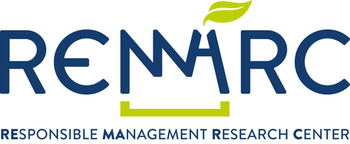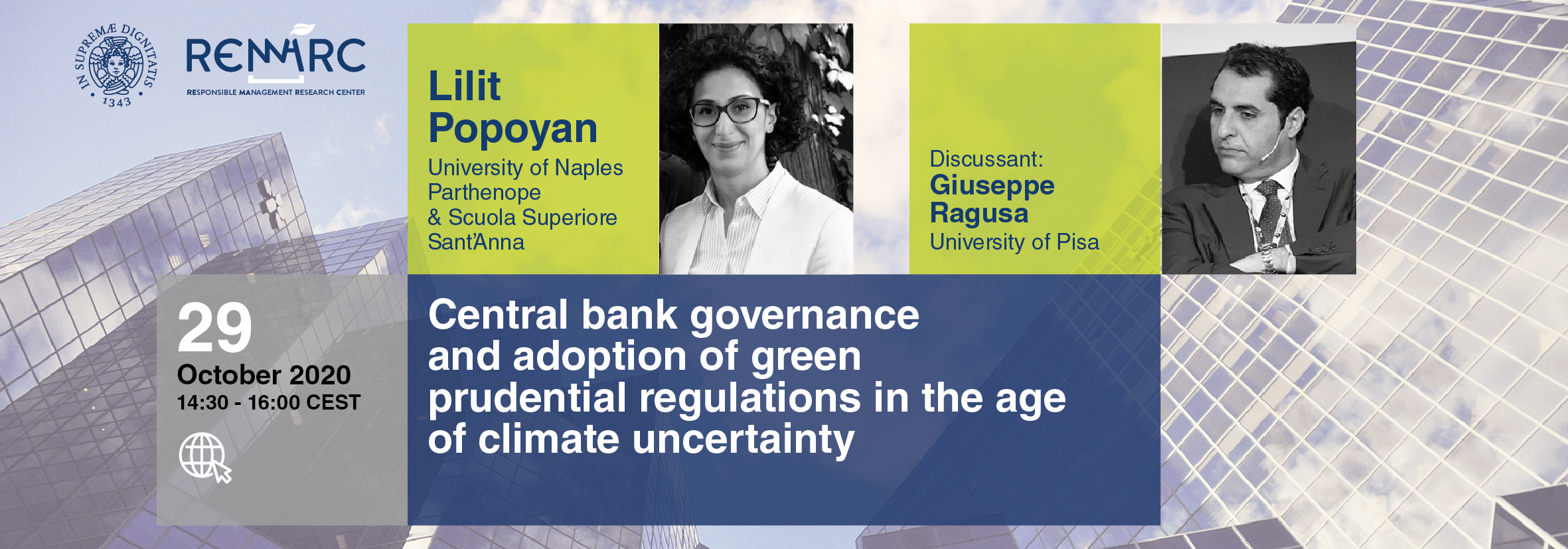Central bank governance and adoption of green prudential regulations in the age of climate uncertainty
By using the most recent available data on “green” central banks, we conduct an empirical study to analyze the extent the monetary policy should get involved in “green” policymaking. According to our research, the decision to implement green regulations is related to the central bank’s independence and how the interaction between the monetary and prudential policy is structured. Our analysis emphasizes the importance of having a central bank that hosts the green prudential regulation under its governance roof to avoid potential conflicts between monetary policy and green prudential regulation caused by existing intertwined transmission mechanisms. By combining the results on the strength of policies, the type of instrument adopted by countries, and the type of governance, we can draw some interesting conclusions. Empirical results hint to three main drivers of the adoption of mandatory prudential regulations. First, we observe an essential role for the credit to the private sector, which is a proxy for the financial sector’s size. Second, we observe a strong significant impact of the SBN membership and, third, an essential role for a specific type of central bank governance, where both the monetary policy and the prudential policy “under one roof.” Moreover, the analysis emphasizes that other contributing factors for the adoption of green prudential regulations are the higher exposure to climate-related adverse events and the income group.
Speakers:
Lilit Popoyan is Assistant Professor of Political Economy at University of Naples Parthenope and Research Affiliate to Scuola Superiore Sant’Anna.
Giuseppe Ragusa is Associate Professor of Econometrics at the Department of Economics and Management of the University of Pisa.
The seminar is part of Jean Monnet Project “Assessing the EU Strategy on Green Finance and ESG factors (AEU_GF)” (620016-EPP-1-2020-1-IT-EPPJMO-PROJECT) and part of University of Pisa PRA PROJECT 2020-52 “Shaky capitalism: How business and finance respond to global threats”.

